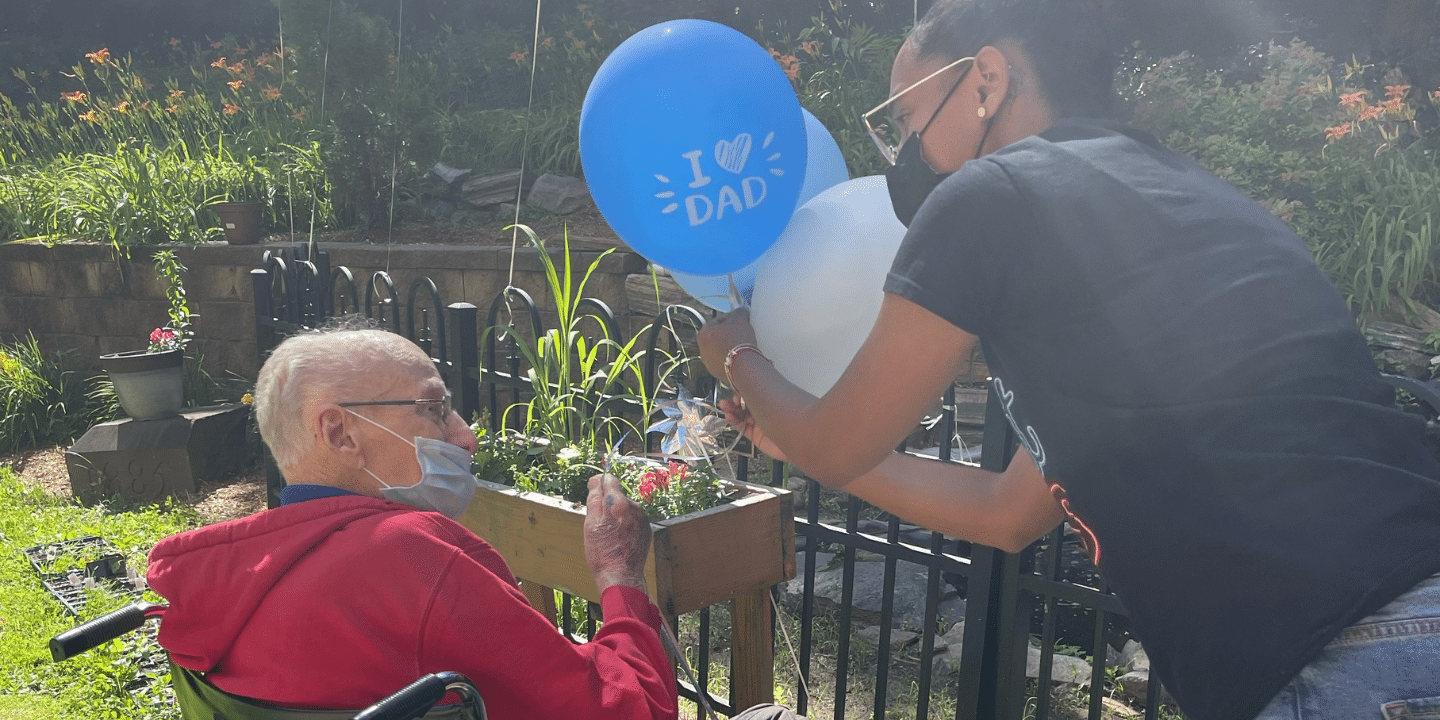Short term rehab is a common treatment for patients recovering from injury, illness, or surgery. The role of family during short term rehab plays a crucial role in providing emotional support, communication, physical assistance, and advocacy during this time. The role of family during a patient’s short term rehab stay can help patients recover more quickly and improve their overall well-being.
Emotional Support
Short term rehab can be emotionally challenging for patients recovering from injury, illness, or surgery. Family members can provide crucial emotional support by listening, offering comfort and hope, and encouraging the patient.
Simple acts like regular visits and cards can help patients feel less isolated and more connected to the world. Emotional support can help patients stay positive and motivated, leading to faster progress in recovery.
Communication
Clear communication is vital during a patient’s short term rehab stay. Patients need to communicate with healthcare providers and loved ones to receive the best care and emotional support. Family members can facilitate communication with healthcare providers and keep the patient connected to the outside world.
This involvement helps patients feel supported and heard, leading to better outcomes and a more positive rehab experience.
Physical Support
Short term rehab often involves physical therapy and rehabilitation, and patients may need help with daily tasks. Family members can provide this physical support during visits or by arranging home healthcare services.
They can also participate in physical therapy exercises with the patient, helping them stay active and engaged in their recovery. Physical support can increase patient comfort, confidence, and progress toward recovery.
Family Advocacy
Family members can act as patient advocates during short term rehab, helping patients navigate the healthcare system and ensure they receive the care they need. Advocacy can include communicating with healthcare providers, helping patients understand their treatment plans and rights, and advocating for their preferences and needs.
By serving as advocates, family members can help patients receive better care and feel more empowered during their rehabilitation journey.
How Can We Help You Heal?
Short term rehab is crucial for patients recovering from injury, illness, or surgery. Visiting regularly, helping with tasks, and advocating for their needs are all ways the role of family during short term rehab can make a big difference in the patient’s experience.
If you or a loved one is looking for a great short term rehab center for an upcoming stay, the Methodist Home is here for you.

